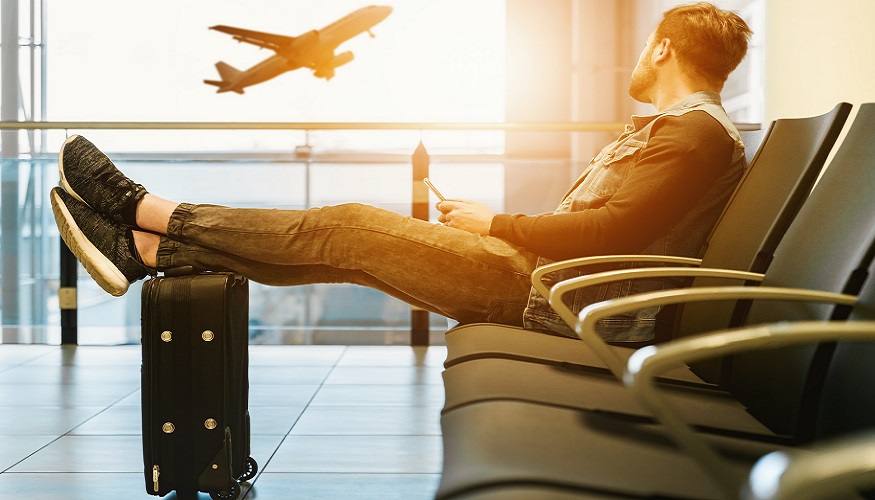This crisis has drawn attention to the reality of risk and unexpected events that can suddenly occur.
About 45 percent of Americans are likely to buy travel insurance to cover future trips as movement is introduced once more, according to a recent NerdWallet survey.
The survey involved the participation of 2,000 adults across the United States.
The research was designed to help better understand the impact of the COVID-19 pandemic crisis on the financial habits of Americans. What it found was that there was a greater likelihood that Americans would buy travel insurance now than there was before the coronavirus was a factor.
The increase in interest in purchasing that coverage is a substantial one. The same research showed that only about 20 percent of Americans had purchased a policy to cover a leisure trip before the pandemic. Moreover, another 43 percent of Americans had not purchased the coverage nor even ever considered it as a factor in their vacation plans.
Fifteen percent of Americans said they’d thought they might purchase a travel policy to cover a vacation before COVID-19 but chose not to.
Still, 29 percent of Americans said they still would not buy travel insurance regardless of the pandemic.
The NerdWallet survey showed that almost 1 in 3 Americans still wouldn’t purchase additional vacation coverage to insure an upcoming trip, regardless of the impact the pandemic has had on the travel industry.
“Whenever we experience events that impact travel, consumers become more focused on how travel insurance may be able to help,” said Allianz Global Assistance USA director of communications, Daniel Durazo, in a recent TravelPulse report. “Smart consumers and their travel advisors should learn how travel insurance can help cover losses for non-refundable, pre-paid expenses and add peace of mind to trip planning.”
Though people who buy travel insurance may still feel the same fear in the face of travel, the right policy can protect travelers against expenses incurred from unexpected medical care or if a vacation is interrupted or cancelled due to a broad spectrum of unanticipated events. As traveling has become a less predictable  activity since the pandemic, it’s natural for consumers to take an increased interest in protecting themselves.
activity since the pandemic, it’s natural for consumers to take an increased interest in protecting themselves.
